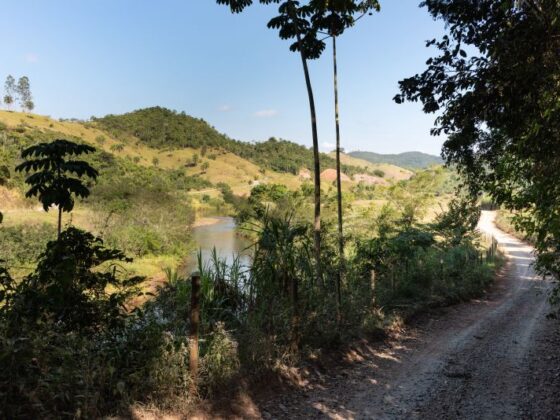Planning a long-distance move can feel like a monumental task, one that stirs a whirlwind of emotions and logistics. As you stare at your packed boxes and chaotic living room, the question looms: can you really leave everything to the last minute? The answer is as complex as the move itself.
From unexpected delays to the emotional toll of leaving familiar surroundings, each decision shapes your overall experience. However, understanding a well-structured timeline can make all the difference, transforming what seems like an overwhelming endeavor into a manageable project.
In this article, we will explore the intricacies of long-distance moving, providing you with essential timelines and tips to ensure that no detail is overlooked, no matter how rushed the situation may seem. So buckle up; your journey to a seamless transition is about to begin!
The Risks of Last-Minute Moves

Leaving a long-distance move to the last minute can feel thrilling, like riding a roller coaster with no safety harness. However, the reality is often far less euphoric; it may lead to a cascade of complications that could make your transition chaotic.
Picture this: scrambling to find boxes, wrestling with logistics, and negotiating last-minute arrangements with movers, all while juggling the emotional weight of leaving behind your home. The stress mounts as you realize that essential tasks, like notifying utilities or updating your address, are often overlooked in the frenzy.
Consequently, not only can these oversights affect your peace of mind, but they might also lead to costly mistakes that could haunt you as you settle into your new space. In short, last-minute moves can quickly transform from an exhilarating adventure into a logistical nightmare, rife with the potential to unravel even the best-laid plans.
Ideal Timeline for Long-Distance Moves

When planning a long-distance move, creating an ideal timeline is essential to ensure a smooth transition. Ideally, you should begin your preparations at least two to three months in advance.
This time frame allows for thorough organization: you can declutter your home, sort through belongings, and decide what to keep or donate. Booking your moving company should happen as early as possible, preferably six to eight weeks before your departure date, especially if you’re aiming for peak moving season.
As the moving date approaches, tackle packing room by room—start with non-essentials and gradually move to daily items. In the final weeks, confirm logistics with your moving company, finalize travel arrangements, and make sure you have all the necessary supplies.
While last-minute stress is often unavoidable, keeping these structured timelines in mind will significantly ease the burden and help you navigate the complexities of relocating across distances.
Essential Tips for a Successful Move

When preparing for a long-distance move, organization is your best friend. Start by creating a detailed checklist—this will be your roadmap to navigate the complexities of moving. Remember, though, plans can quickly unravel.
Hence, prioritize decluttering your space early on, as this simplifies packing and can even lighten your load both physically and financially. Gather packing supplies well ahead of time; don’t be afraid to be resourceful—old newspapers and leftover boxes can be lifesavers.
As the moving day approaches, enlist the help of friends or professional movers, but make sure to communicate clearly about your expectations. And don’t underestimate the power of a well-timed break; moving can be overwhelming, so give yourself moments to breathe and recharge amidst the chaos.
Ultimately, flexibility is key; remain adaptable to changes, whether they are hiccups in your schedule or unexpected obstacles along the way, and youll find yourself navigating the transition with greater ease.
Conclusion
In conclusion, while the allure of leaving everything to the last minute may seem tempting, especially for a long-distance move, the reality is that proper planning is essential for a successful transition. Taking the time to create a detailed timeline not only helps alleviate stress but also ensures that nothing is overlooked in the chaos of relocating.
By coordinating with long distance movers well in advance, you can secure the necessary resources, streamline the packing process, and ultimately make your move smoother and more efficient. So, as you prepare for your journey, remember that a little foresight can go a long way in ensuring a positive moving experience.


